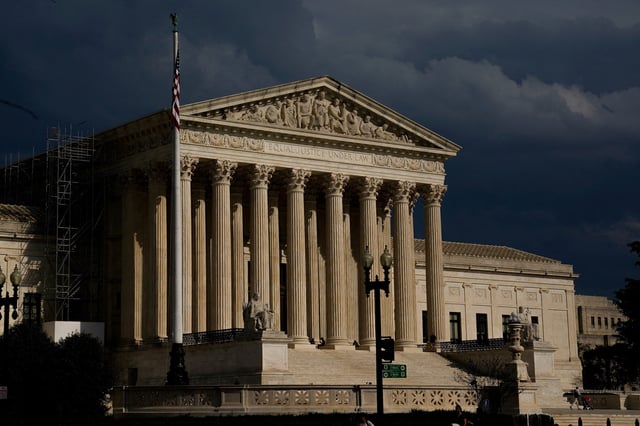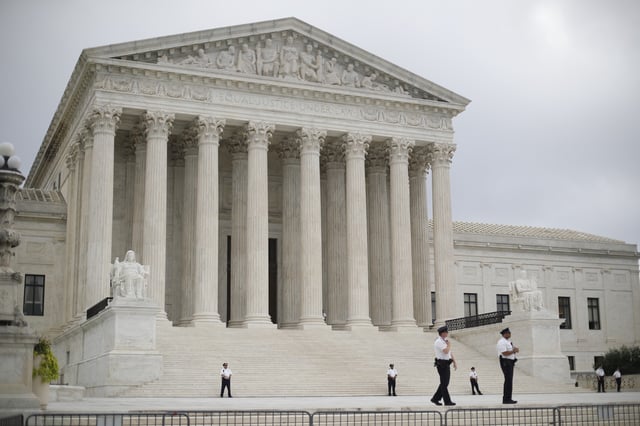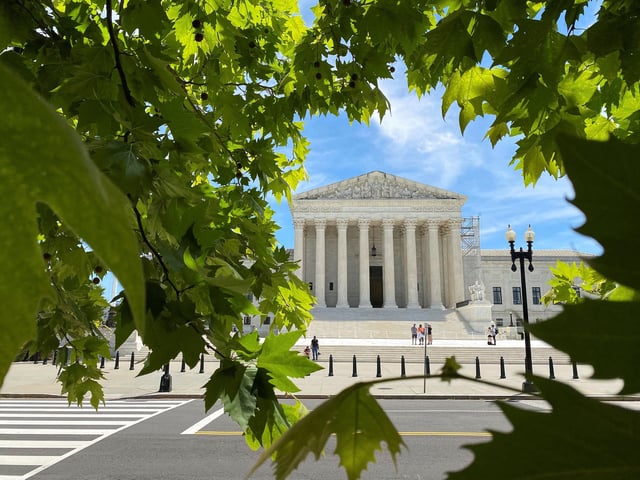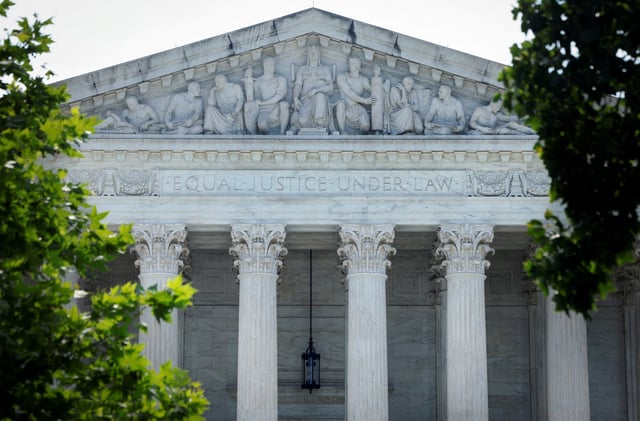Overview
- The Supreme Court declined NetChoice’s emergency bid to pause enforcement of H.B. 1126, allowing the state’s age-verification and parental-consent rules to go into effect
- Justice Brett Kavanaugh wrote separately that the law is probably unconstitutional under existing First Amendment precedents but that NetChoice had not cleared the high threshold for interim relief
- H.B. 1126 requires platforms to obtain express parental consent for under-18 users and to take commercially reasonable steps to verify ages, exposing violators to up to $10,000 per breach and possible criminal penalties
- NetChoice’s 2024 federal challenge on behalf of Meta, YouTube, Snapchat and other members continues after the 5th U.S. Circuit stayed earlier district court injunctions
- Mississippi officials, led by Attorney General Lynn Fitch, frame the law as a targeted measure to protect minors from online harms such as sextortion, trafficking and self-harm



